 Congratulations to Orlanda Harvey, PhD student in the Faculty of Health & Social Sciences on her PhD publication “Support for people who use Anabolic Androgenic Steroids: A Systematic Scoping Review into what they want and what they access” in the Open Access journal BMC Public Health [1]. Since there is a paucity of research on support for people using Anabolic Androgenic Steroids (AAS), this article searched and synthesised the available evidence in this field. Gaining an understanding of the support both accessed and wanted by recreational AAS users will be of use to professionals who provide services to intravenous substance users and also to those working in the fields of public health and social care, with the aim to increase engagement of those using AAS.
Congratulations to Orlanda Harvey, PhD student in the Faculty of Health & Social Sciences on her PhD publication “Support for people who use Anabolic Androgenic Steroids: A Systematic Scoping Review into what they want and what they access” in the Open Access journal BMC Public Health [1]. Since there is a paucity of research on support for people using Anabolic Androgenic Steroids (AAS), this article searched and synthesised the available evidence in this field. Gaining an understanding of the support both accessed and wanted by recreational AAS users will be of use to professionals who provide services to intravenous substance users and also to those working in the fields of public health and social care, with the aim to increase engagement of those using AAS.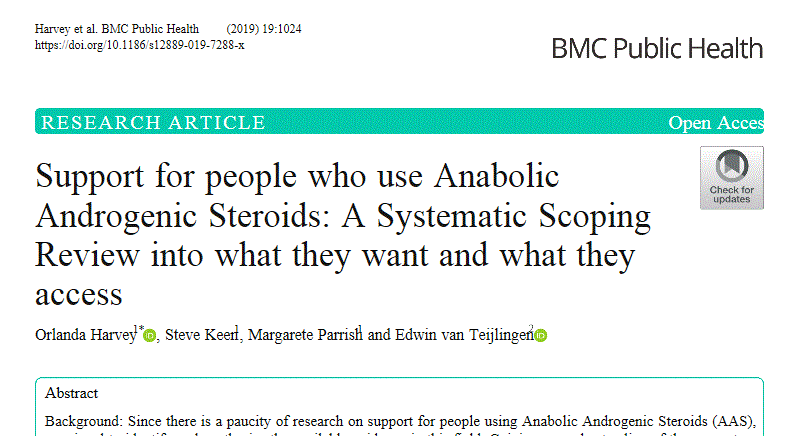
This systematic scoping review identified 23 papers and one report for review, which indicated that AAS users access a range of sources of information on: how to inject, substance effectiveness, dosages and side effects, suggesting this is the type of information users want. AAS users sought support from a range of sources including medical professionals, needle and syringe programmes, friends, dealers, and via the internet, suggesting that, different sources were used dependent on the information or support sought.
The authors argue that AAS users tended to prefer peer advice and support over that of professionals , and access information online/specialist fora, reflecting the stigma that is experienced by AAS users. These tendencies can act as barriers to accessing services provided by professionals. The paper concludes that support needs to be specific and targeted towards AAS users. Sensitivity to their perceptions of their drug-use and the associated stigma of being classified in the same sub-set as other illicit drug users is relevant to facilitating successful engagement.
Reference:
- Harvey, O., Keen, S., Parrish, M., van Teijlingen, E. (2019) Support for people who use Anabolic Androgenic Steroids: A Systematic Literature Review into what they want and what they access. BMS Public Health 19: 1024 https://rdcu.be/bMFon
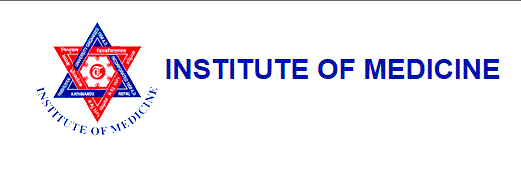
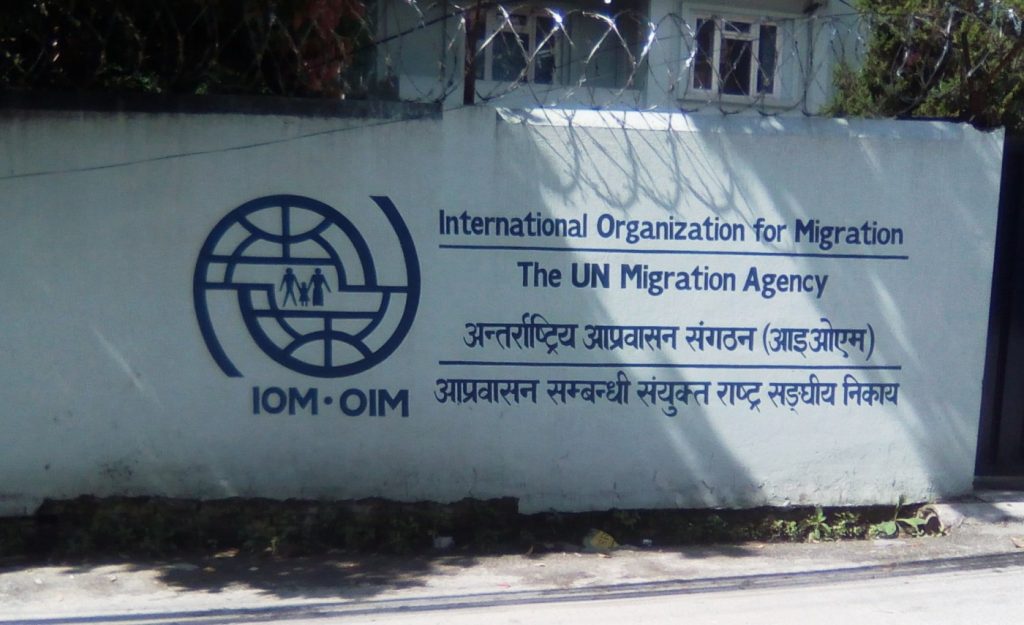

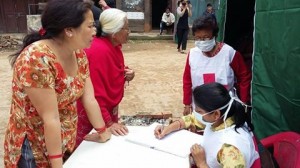
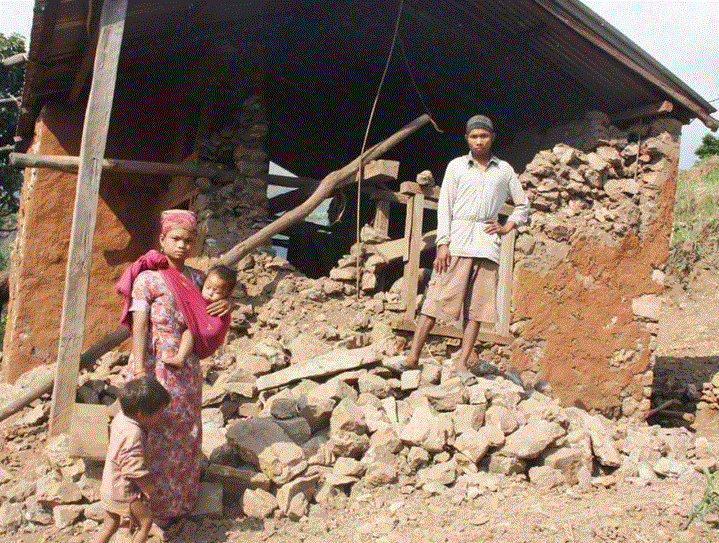
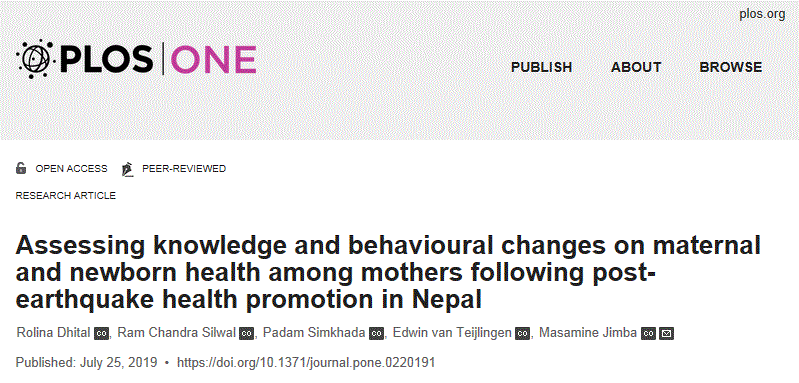




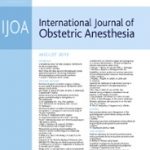


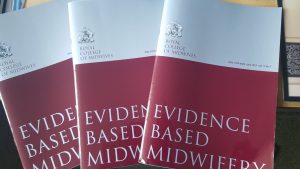
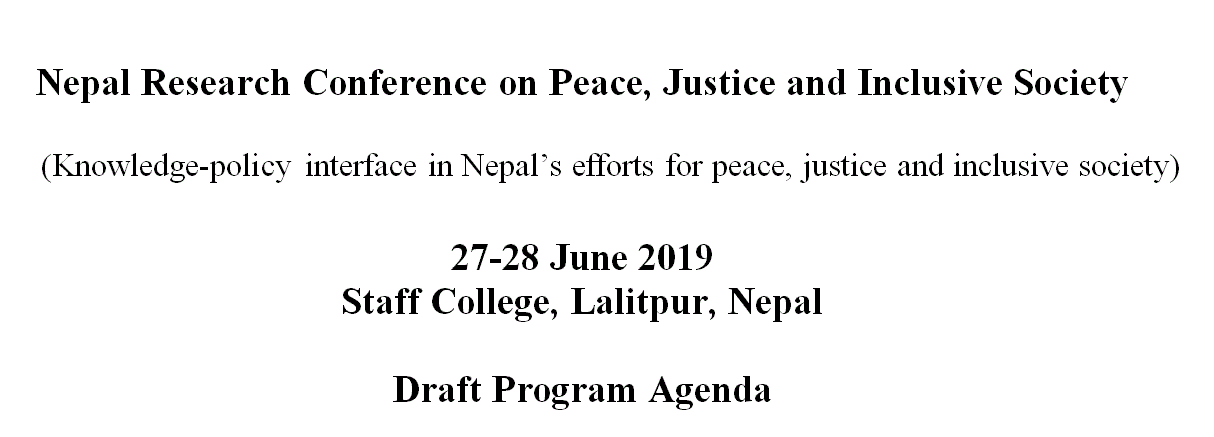
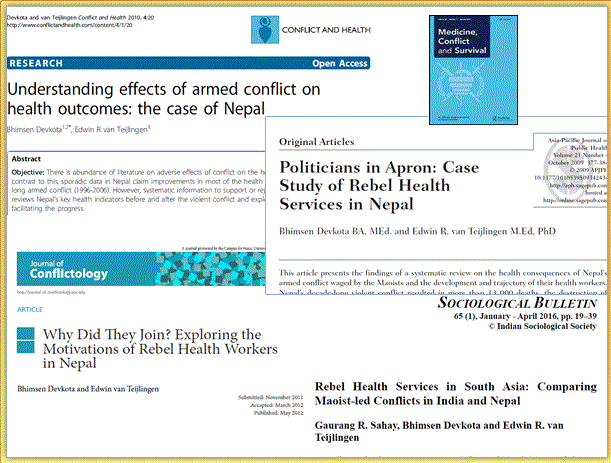

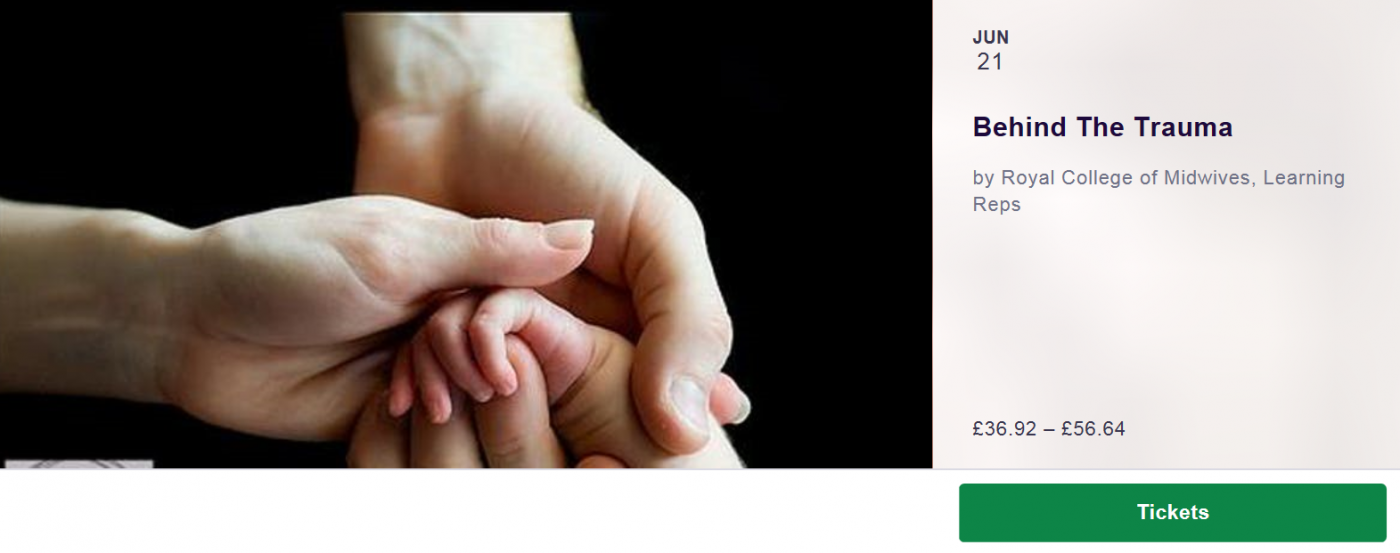
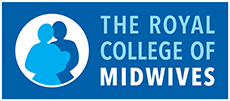
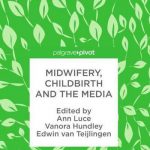











 Upcoming opportunities for PGRs – collaborate externally
Upcoming opportunities for PGRs – collaborate externally BU involved in new MRF dissemination grant
BU involved in new MRF dissemination grant New COVID-19 publication
New COVID-19 publication MSCA Postdoctoral Fellowships 2024
MSCA Postdoctoral Fellowships 2024 Horizon Europe News – December 2023
Horizon Europe News – December 2023